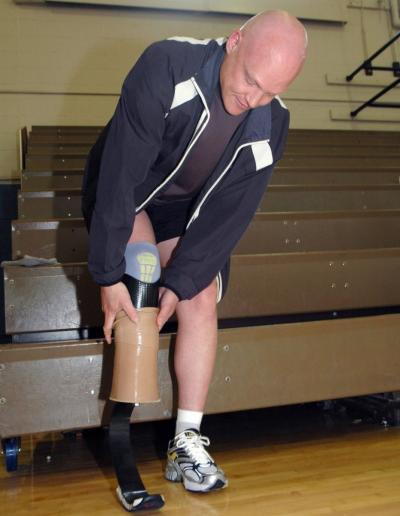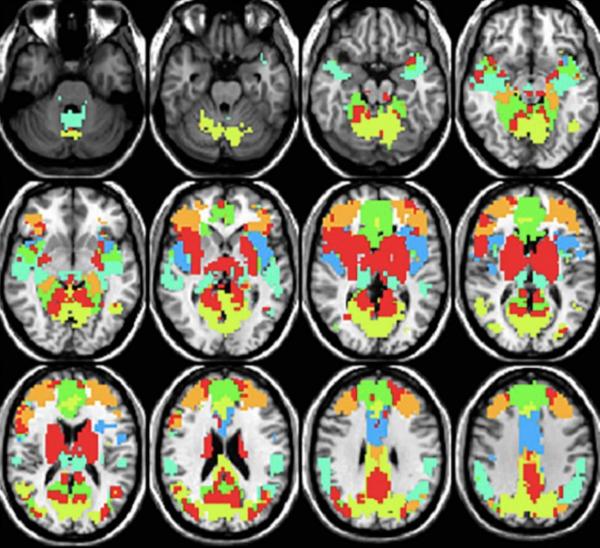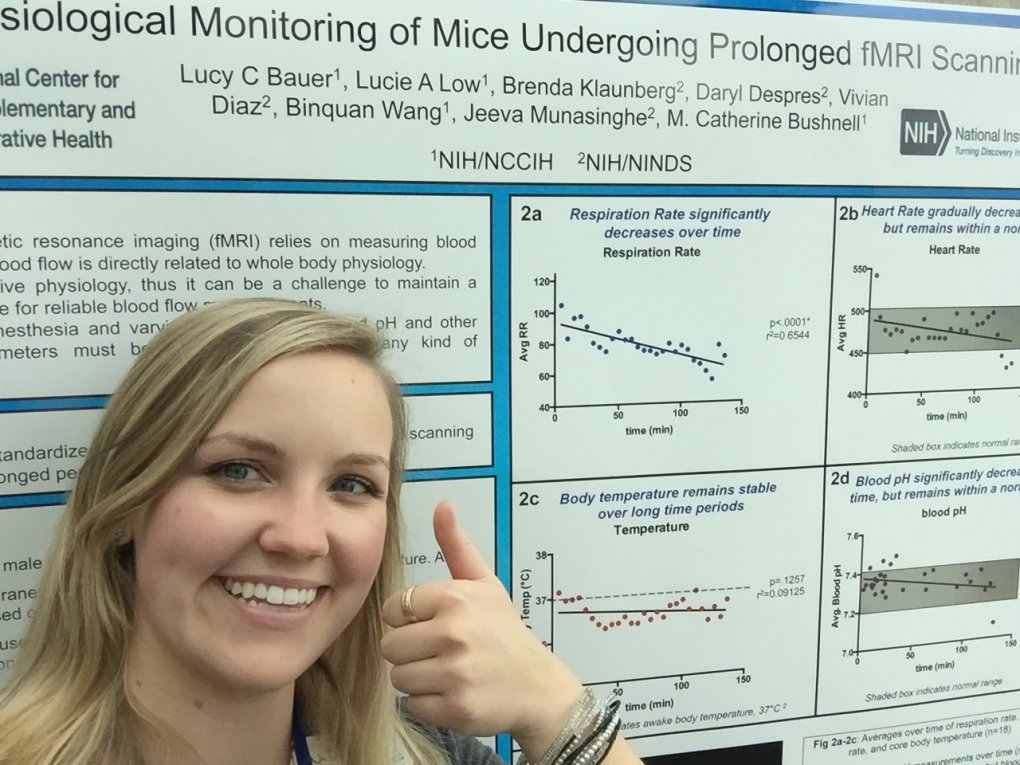Hunger Hormone Feeds Alcohol Cravings
IRP Researchers Pursue New Approaches to Treating Alcohol Use Disorder
While most adults in the U.S. consume alcohol in moderation, for nearly 30 million of them, going even one day without alcohol feels nearly impossible. For these Americans, alcohol use disorder (AUD) is a serious condition that harms their health, relationships, and career. Unfortunately, only a small percentage of people with AUD receive treatment, and even then, for many patients, the chances of a relapse are high.
As the search for a reliable and effective treatment continues, IRP senior investigator Lorenzo Leggio, M.D., Ph.D., is exploring the biological processes that underlie alcohol cravings to unlock new approaches to therapy. April is Alcohol Awareness Month, so we took the opportunity to speak with him about recent discoveries made by his IRP team and its collaborators.









